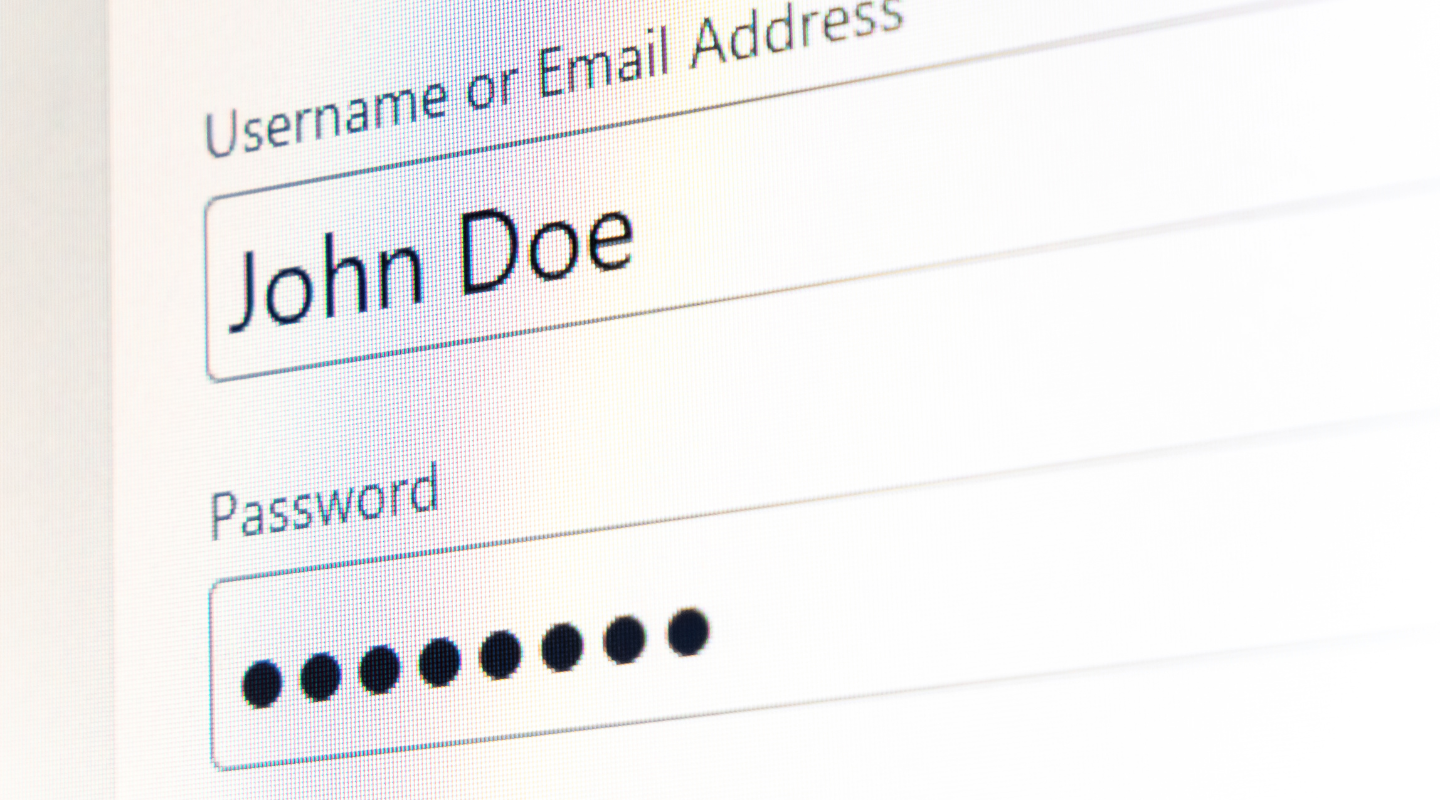In a world where data is more valuable than gold, safeguarding customer information is not just a legal obligation—it’s an ethical one.
Visualise your customer data as a vault filled with precious gems; a single missing gem has the potential to shatter the trust painstakingly built with your customers. But what happens when the fail-safe strategy designed to safeguard that vault falters? Do you possess a comprehensive and agile response framework ready to act swiftly when something goes awry? This is precisely why a robust data breach response plan is indispensable.
The sacred trust of customer data
Let’s put it simply: your customer’s data is precious, and the people and organisations who share their personal information with you place enormous trust in your hands. However, as it is valuable, your customer’s data can also be a prime target for bad actors.
In a data breach, a “bad actor” refers to an individual, group, or organisation responsible for the breach. These bad actors intentionally or negligently compromise the security of a system or network, leading to unauthorised access to sensitive data. Bad actors can include digital pirates, hackers, cybercriminals, insiders (such as employees or contractors with malicious intent), or any entity engaging in activities compromising data security and privacy. When this happens, it is more than just a breach of trust; it’s a violation of various data protection laws, like GDPR in Europe, that could result in hefty fines and legal complications.
The domino effect of a data breach
A data breach is like knocking over the first domino in a long chain; the repercussions can be far-reaching and devastating. Beyond the immediate financial loss and legal consequences, there’s the long-term damage to your brand’s reputation. Customers are likely to think twice before entrusting their data to you again. And in today’s competitive market, trust is a currency few can afford to lose.
The 72-hour challenge
Regulatory bodies aren’t lenient when it comes to data breaches. For instance, under GDPR, organisations have a 72-hour window to report a data breach. That’s roughly three days to figure out what happened, how it happened, and what the impact is—then report it to the authorities. Data Protection Officers and their teams must figure out this complex puzzle, and the clock starts ticking the moment your organisation becomes aware of the breach.
Enter the Fieldfisher Data Breach Manager
While focusing on preventive measures is crucial, preparing for the worst is equally essential. This is where Fieldfisher’s Data Breach Manager comes into play. This tool enables organisations to seamlessly manage their data breach compliance obligations with support from Fieldfisher’s leading technology and data team.
- Proven Methodology: The tool showcases Fieldfisher’s proven incident assessment methodology.
- Quick Assessments: It enables rapid evaluations, helping you meet the 72-hour reporting deadline.
- Robust Conclusions: It ensures that your assessments are consistent and defensible, helping to reduce the risk of legal complications.
- Legal Guidance: The tool is backed by Fieldfisher’s expert legal team and offers invaluable and reliable advice and support.
- Maintain Compliance: Easy to use, the tool also automatically updates a personal data breach log along with analytics to inform compliance programs.
The bottom line
Data breaches are unpredictable and can have disastrous outcomes, so you need a well-drilled plan to tackle them effectively. Equip yourself with the right tools and expertise to protect your organisation and customers; after all, it’s always better to be safe than sorry in the world of data.
By taking proactive steps and investing in robust data breach management tools like the Fieldfisher Data Breach Manager, you’re not just ticking off a compliance checklist; you’re ensuring the long-term sustainability of your organisation. And in today’s world, that’s not just good business sense—it’s an absolute necessity.

